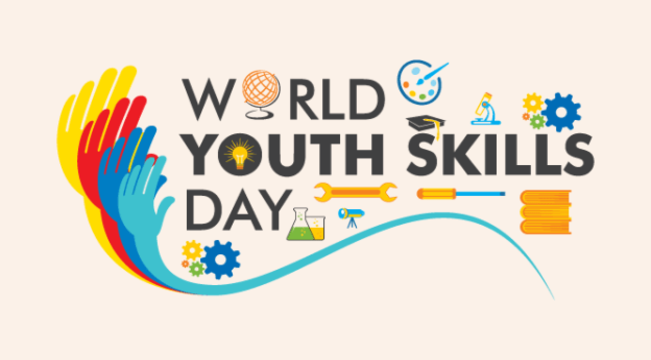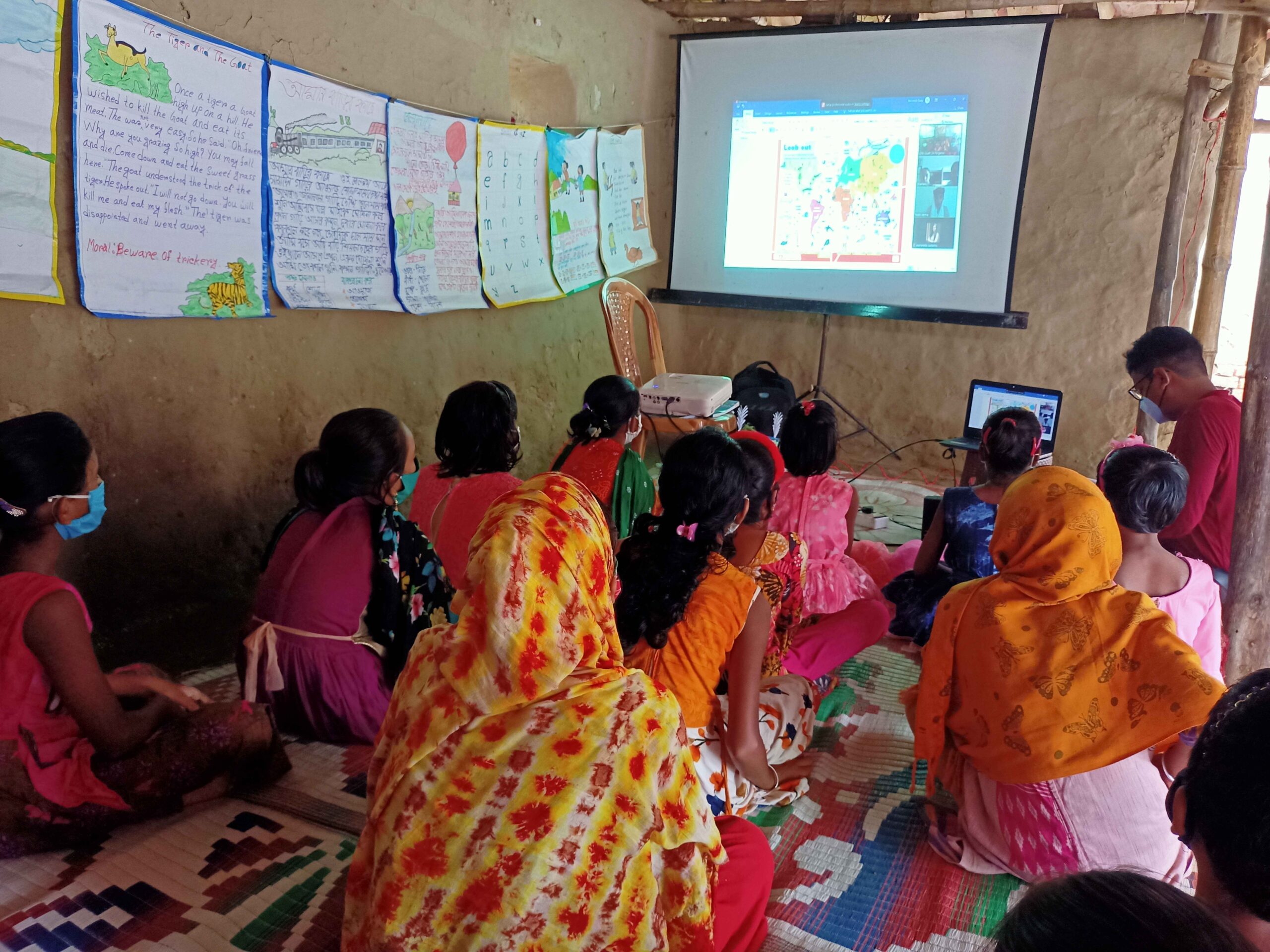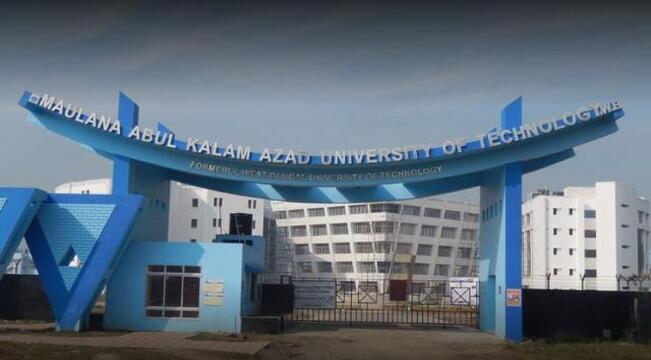By Mr. Firdosh Khan, Higher-Ed Marketing Consultant (www.firdoshkhan.com)
The World Youth Skills Day falls on 15 July, at a time when India’s education system is in an unstable state. The country affected by the Covid-19 pandemic is struggling to figure out whether the ongoing and planned education reforms with the implementation of New Education Policy 2020 and online education methods of education would in fact help to uplift the educational system of the country.
However, when it comes to education, vocational and skills-based education holds a special place, and it is the best, and in most cases the only, form of education that has helped to building the lives of hundreds of thousands of young people across the country who do not acquire the skills to attend formal higher education courses.
According to the United Nations Educational, Scientific, and Cultural Organisation (UNESCO), respondents of a survey of technical and vocational education and training (TVET) institutions, mutuallyled by UNESCO, the International Labour Organisation (ILO), and the World Bank, described that distance-training had become the most common way of imparting skills, with significant difficulties concerning, among others, curricula version, trainee and trainer readiness, connectivity or assessment, and certification processes.
As the importance of continuing formal education amid dwindling or lack of resources is on the rise due to the Covid-19 pandemic, technical, vocational education and training, and the development of other skills relevant to both local and global economies is also becoming more important than before; however, in a different way, which relates to the post-pandemic Covid-19 era that the world expects to see soon.
There is a widespread inference, even among scientists, that the pandemic will not be over anytime soon, even if with the vaccination campaign underway, the world would soon be return to something resembling normalcy. According to researchers, in the post-Covid-19 era, informal education and vocational and skills-based education methods are likely to face substantial changes, due to changes in people’s daily lives as opposed to formal educational methods.The job market, or the demand for people with vocational and skills-oriented training, is also likely to grow because of these changes.
What is more, when it comes to the Indian circumstance, possibly it is high time to teach the people,
specially youth, about the role of vocational and skills-based training, as the importance allocated to them seems to be deteriorating. In fact, the lack of information about how successful a person can be as a skilled professional, instead of being somebody who has simply shined in formal education, is one of the reasons why India has so many unemployed graduates wasting their time asking public sector jobs from a cash-strapped Government.
In the traditional education system, they have not had the opportunity to be exposed to the plethora of career opportunities that vocational and skills-based education and training can offer. The number of people who have changed the world without formal education is proof of this.
Vocational and skills-based education and training play a critical role in addressing existing gaps in the current formal education system, and that is why the professionals, this system creates are different from those with formal education. Not only are they incomparable, but they also have unique roles. While there is no assurance that the job market will evolve into the ‘new normal’ or post-Covid-19 era, it is certain that most jobs of people with vocational training are irreplaceable.
Strengthening the online education system and solving problems in the formal education sector are issues at hand. However, in the near future, India will need to consider reforming its formal as well as vocational and skills-based education systems, as well as the country’s job market and needs to change, and therefore those with professional training and skills should be rewarded too.


































